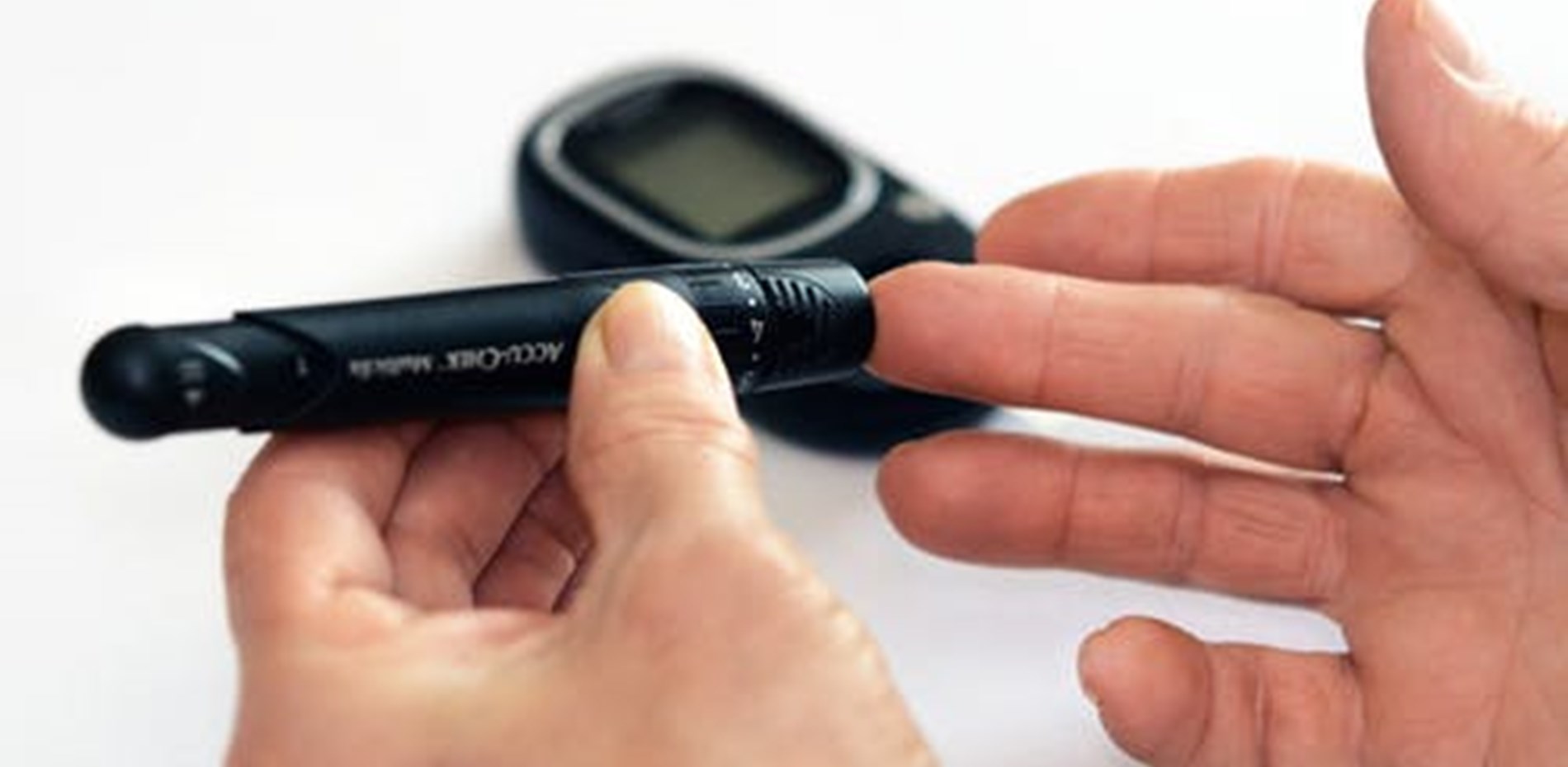Mrs PHILLIPS (Gilmore) (11:11): I thank the member for Werriwa for the opportunity to speak on this motion. I commend the motion for bringing attention to the new technologies acting to address diabetes. Diabetes is a common disease and one that most people know about, but perhaps not everyone knows how difficult it can be to manage. We do, of course, all know how important access to treatment is for people living with chronic diseases like diabetes. We know the valuable and essential work that carers—be they family, friends or healthcare workers—do to help support those living with diabetes. This is absolutely invaluable work, and I thank all those carers for everything they do.
This motion points out the significant social, human and financial burden of this disease on government and health systems. I want to talk about that today, and also, most importantly, I want to talk about the burden this disease has on the people with diabetes and on their families. After all, that is what we really are talking about—people. This is about people's lives, people's health and people's families. In regional areas, like my electorate, the cost to the health system can be huge. And there are other costs too. There is time away from families, from work or school; that's a huge cost. There are expensive medical interventions and daily medications; those are both financial and emotional costs.
But technology is changing, and now there are amazing devices that can literally change lives. Continuous glucose monitoring and insulin pumps can mean the difference between hospitalisation and good health outcomes, something Amy in my electorate is all too familiar with. Amy suffers from type 1 diabetes. In the last two years, she has been hospitalised four times. Last year, her hyperglycaemia caused potentially fatal brain swelling that led to an extended stay in hospital. It was awful, and so difficult for her and her family to cope with. Amy's doctor has told her that access to a continuous glucose monitoring device could potentially save her life. But this device costs around $5,000 a year—a steep price. There is some subsidised access to this technology, and Amy does satisfy most of the criteria for this. She is the right age, she has a low-income healthcare card and she has demonstrated a high clinical need, because she has been hospitalised so many times. But there is a hitch: Amy suffers predominantly from hyperglycaemia—high blood sugar—and the program only provides access for those suffering hypoglycaemia or low blood sugar. This technology could save Amy's life. It could save our health system thousands of dollars by keeping Amy out of it, at home and well, but she can't access it because she can't afford it. This is simply not right.
And she is not alone. Kristi is a young mum who suffers from diabetic gastroparesis, a terrible disease that causes paralysis of the stomach. Kristi has suffered with this disease for decades and she has been hospitalised 27 times this year alone.
Her longest stint in hospital was four weeks. The government does not provide any funding for treatment or to find a cure. There are no new miracle medications and no proper targeted treatments. One thing that can help to manage symptoms, though, is an insulin pump. Kristi says her insulin pump keeps her alive. Kristi's insulin pump is due to expire. I understand they only last for four years, but they cost $8,000. As a young mum, this is a huge expense on top of all the other costs associated with managing her disease. But Kristi has been told there are no subsidies she is able to access. They are only for children.
This is life-saving medical treatment for these two young women. Technology has come a long way in a short period of time. Technology that, as this motion rightly states, has shown significant improvement in overall control for people with diabetes who—and this is the crux—can access it. But Amy and Kristi can't access it because it is too expensive. This is an absolute tragedy, so I support the member for Werriwa's call in this motion. This government must ensure that all people with diabetes—regardless of their age and whether they have high or low blood sugar—need to have earlier access to new technology under the National Diabetes Services Scheme. I will continue to advocate on behalf of people like Amy and Kristi to make sure that they are not missing out on life-saving technology because they can't afford it.



